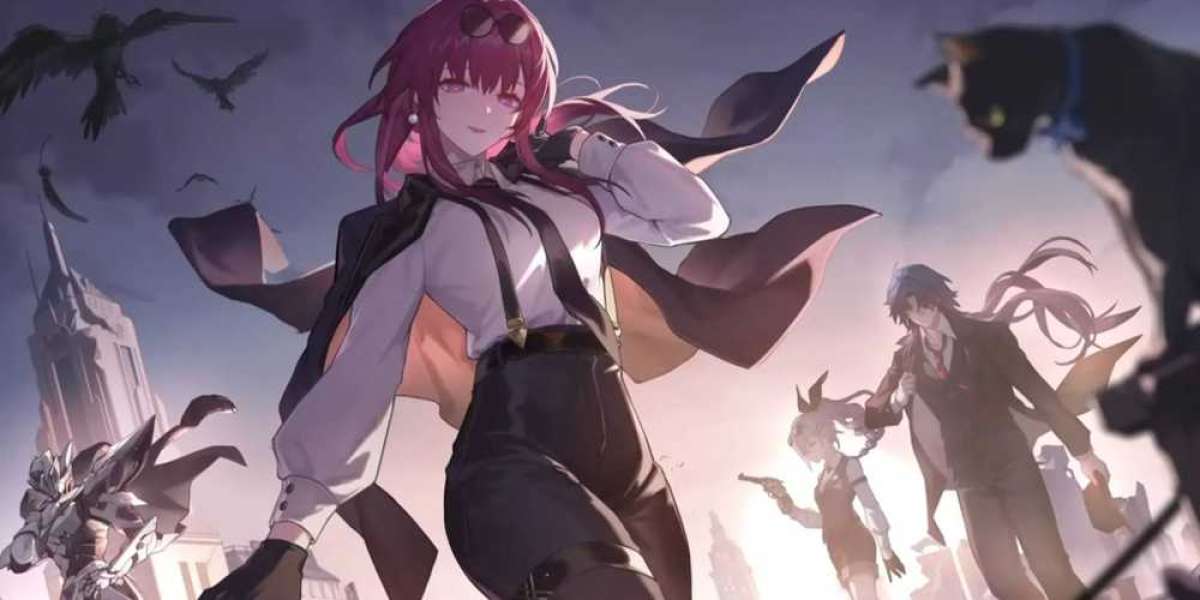Introduction: In August 1994, the world stood witness to one of the most horrifying atrocities of the modern era - the Rwandan Genocide. This ethnic conflict, primarily between the Hutus and Tutsis, erupted with unprecedented violence and claimed the lives of nearly one million innocent people. The chilling events of 1994 shook the global community and served as a tragic reminder of the devastating consequences of unchecked hatred and prejudice. Now, let us delve into the disturbing details of this dark chapter in human history.
Body: The Rwandan Genocide unfolded against the backdrop of a long-standing ethnic tension between the majority Hutu population and the minority Tutsis. On April 6, 1994, the plane carrying Juvenal Habyarimana, the Rwandan president, was shot down near the airport in the capital city of Kigali. This event marked the catalyst for the brutal violence that was to come. Extremist Hutu factions, fueled by a well-orchestrated propaganda campaign that dehumanized the Tutsis, used the assassination as an opportunity to incite hatred and perpetrate unimaginable acts of violence.
Within hours, roadblocks were set up throughout the country, with lists of Tutsi individuals targeted for extermination. These lists included not only adults but also children and even infants. The genocidal campaign was marked by systematic and organized killing, as Hutu militias, known as Interahamwe, went from village to village, hunting down Tutsis and those who dared to protect them. Machetes, firearms, and other crude weapons were employed to carry out these horrendous acts of violence, creating an atmosphere of terror and chaos.
The international response to the Rwandan Genocide was tragically slow, as the international community failed to intervene effectively. The United Nations Assistance Mission for Rwanda (UNAMIR) was drastically outnumbered and ill-equipped to halt the bloodshed. It wasn't until July 1994, after relentless pressure from human rights organizations and a growing sense of guilt over inaction, that the United Nations finally authorized the deployment of a larger peacekeeping force. By then, however, the damage had been done, and countless lives had already been lost.
Conclusion: The Rwandan Genocide of 1994 serves as a grim reminder of the worst that humanity is capable of. It revealed the devastating consequences of allowing hate and prejudice to fester unchecked. The scars of this genocide continue to haunt the survivors and their families to this day, reminding us of the urgent need for justice, healing, and global solidarity in the face of such atrocities. May the memory of the innocent victims serve as a testament to the importance of promoting peace and unity in our world.



